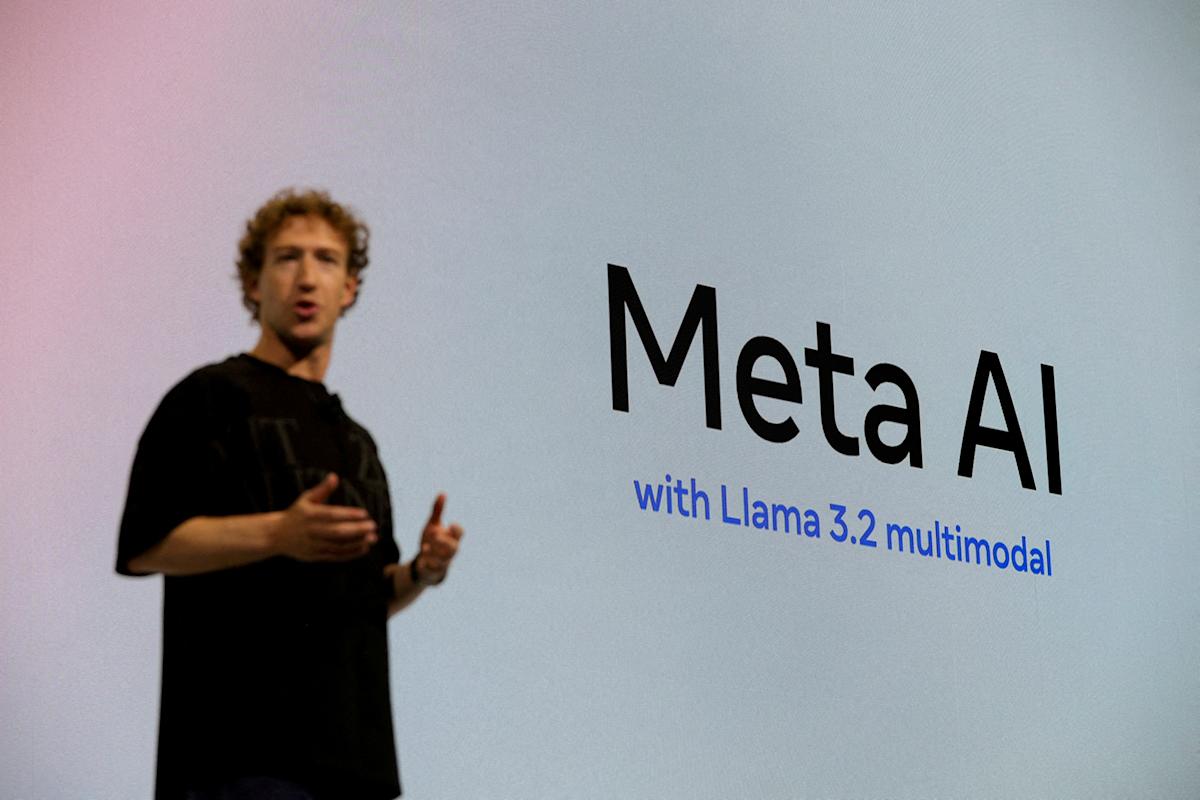Despite established track records and market capitalizations in the hundreds of billions, some pharmaceutical giants are facing significant investor skepticism. However, a closer look at Merck, Novo Nordisk, and Pfizer reveals potential opportunities that may be overlooked by the market.
### Merck: Navigating a Post-Keytruda Future
Merck is confronting two primary challenges that have caused its shares to lag. The company faces the loss of patent exclusivity for its blockbuster cancer drug, Keytruda, in 2028. Additionally, emerging competitors could threaten Keytruda’s dominance in key areas like non-small cell lung cancer even before the patent expires.
Despite these headwinds, Merck’s valuation appears compelling, with a forward price-to-earnings ratio of 9.4, substantially below the healthcare sector’s average of 16.5. The company is actively working to mitigate the upcoming patent cliff by developing a subcutaneous (SC) version of Keytruda. This new formulation, which has shown non-inferiority in clinical trials, is expected to extend patent protection well into the 2030s while reducing administration and monitoring times for physicians.
Furthermore, Merck is strengthening its pipeline through strategic acquisitions and developing new growth drivers. Its recently approved drug Winrevair, for treating pulmonary arterial hypertension, is expected to be a meaningful contributor to future revenue. The company also remains a strong choice for income investors, offering a forward dividend yield of 4% and having increased its payout by nearly 40% over the last five years.
### Novo Nordisk: Growth Potential Beyond Recent Setbacks
Investor sentiment toward Novo Nordisk has cooled recently, largely due to underwhelming trial results for its weight-loss drug, CagriSema. In a phase 3 study, the treatment produced an average body weight loss of 22.7%, falling short of the 25% that some analysts had anticipated. Amid encouraging results from rival Eli Lilly, this perceived miss has fueled bearishness on the Danish company.
However, Novo Nordisk maintains a strong growth trajectory. The company is continuing the global rollout of its popular weight-loss drug, Wegovy, into new markets. It also has a promising next-generation treatment, amycretin, which in an early-stage trial demonstrated a 22% weight loss over 36 weeks. An oral version of amycretin is slated to begin phase 3 trials early next year, and its success could significantly boost investor confidence. With robust profit margins of 35% over the last year and a valuation of less than 18 times trailing earnings, the stock may present a valuable opportunity for long-term investors.
### Pfizer: A Disconnect Between Wall Street and Main Street
While Wall Street analysts see significant upside for Pfizer, with a consensus 12-month price target suggesting nearly 20% growth, many investors remain hesitant. The company’s share price continues to trade well below its 52-week high, reflecting concerns over recent pipeline setbacks, including the discontinuation of its oral obesity candidate, danuglipron. Furthermore, Pfizer faces patent expirations for several blockbuster drugs, including Eliquis and Ibrance, in the coming years.
Nevertheless, Pfizer’s growth prospects may be stronger than perceived. Sales for key products like Nurtec ODT, Padcev, and Vyndaqel continue to climb. The company also anticipates four regulatory decisions and nine key late-stage clinical study readouts this year, which could serve as positive catalysts.
CEO Albert Bourla has reaffirmed the company’s commitment to maintaining a growing dividend, which currently offers an attractive forward yield of 6.79%. Trading at approximately 8.7 times forward earnings, the stock’s valuation reflects a level of pessimism that may be excessive given its underlying strengths and future potential.
Source link






